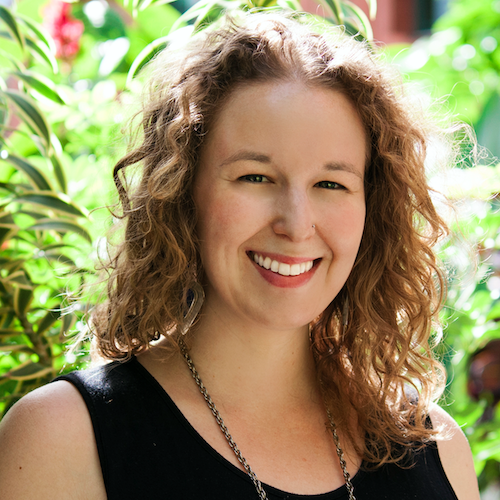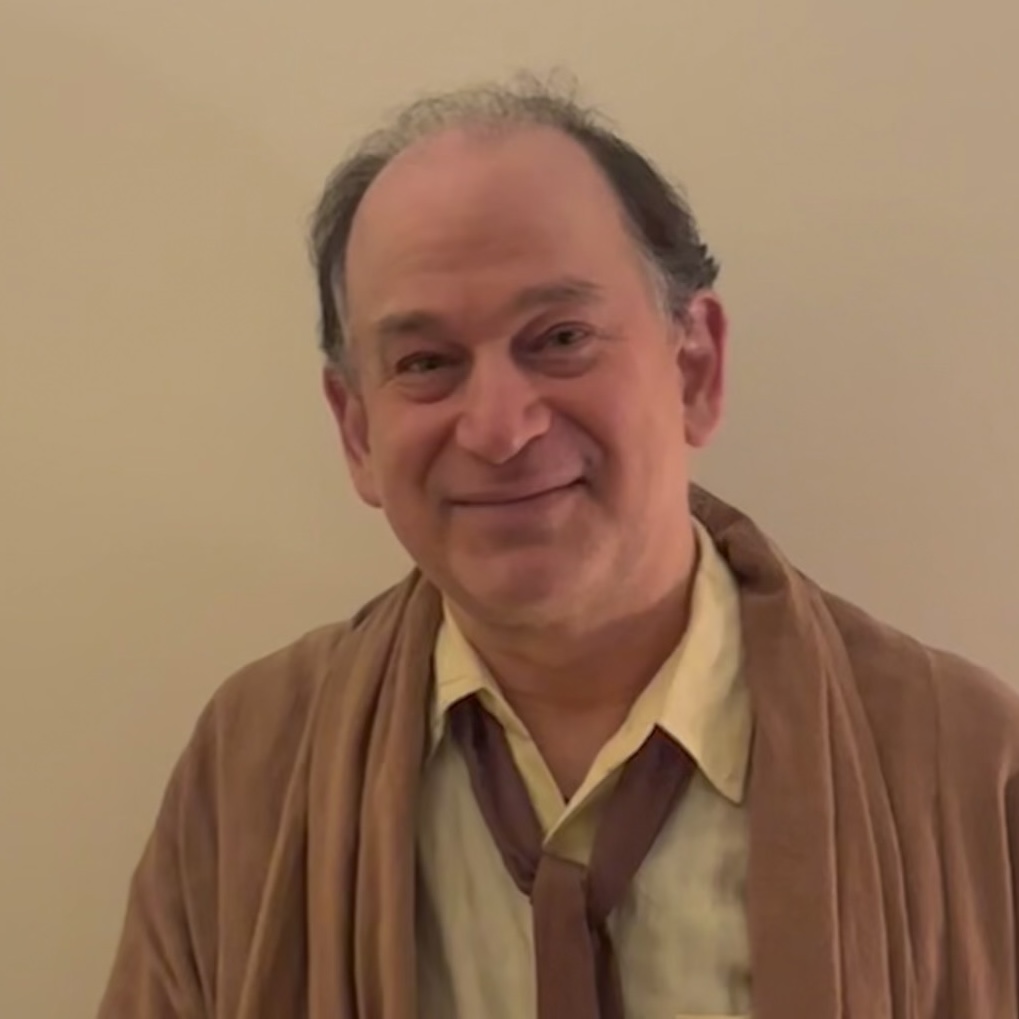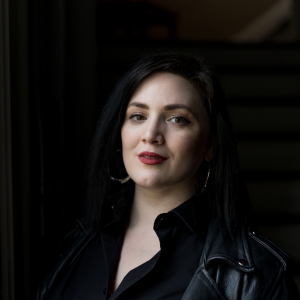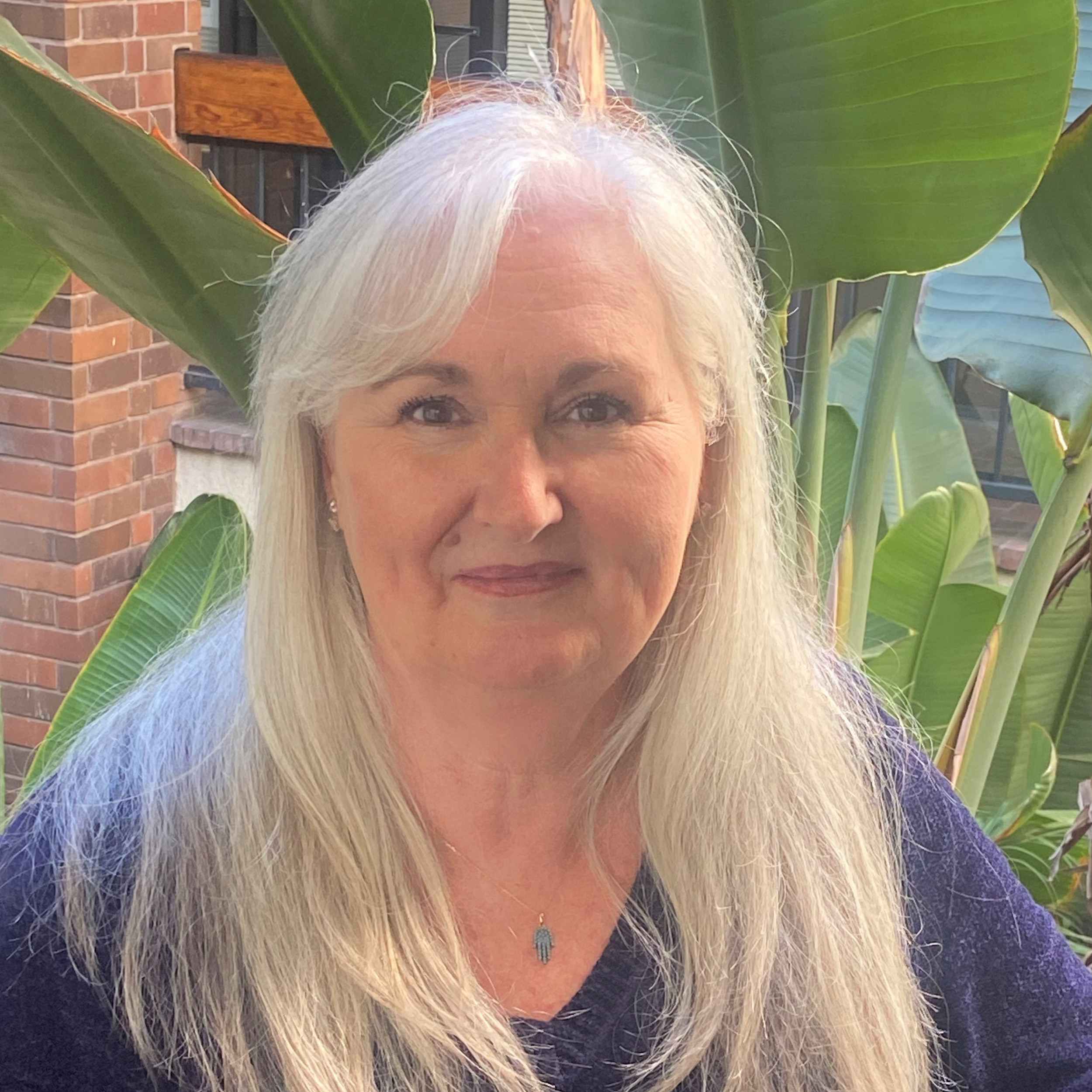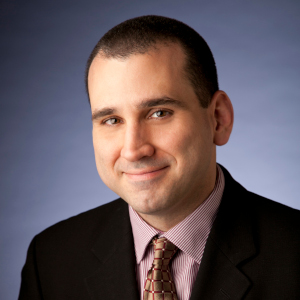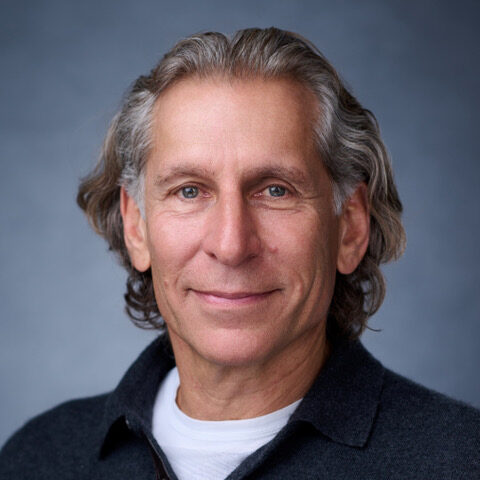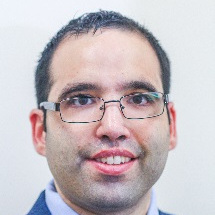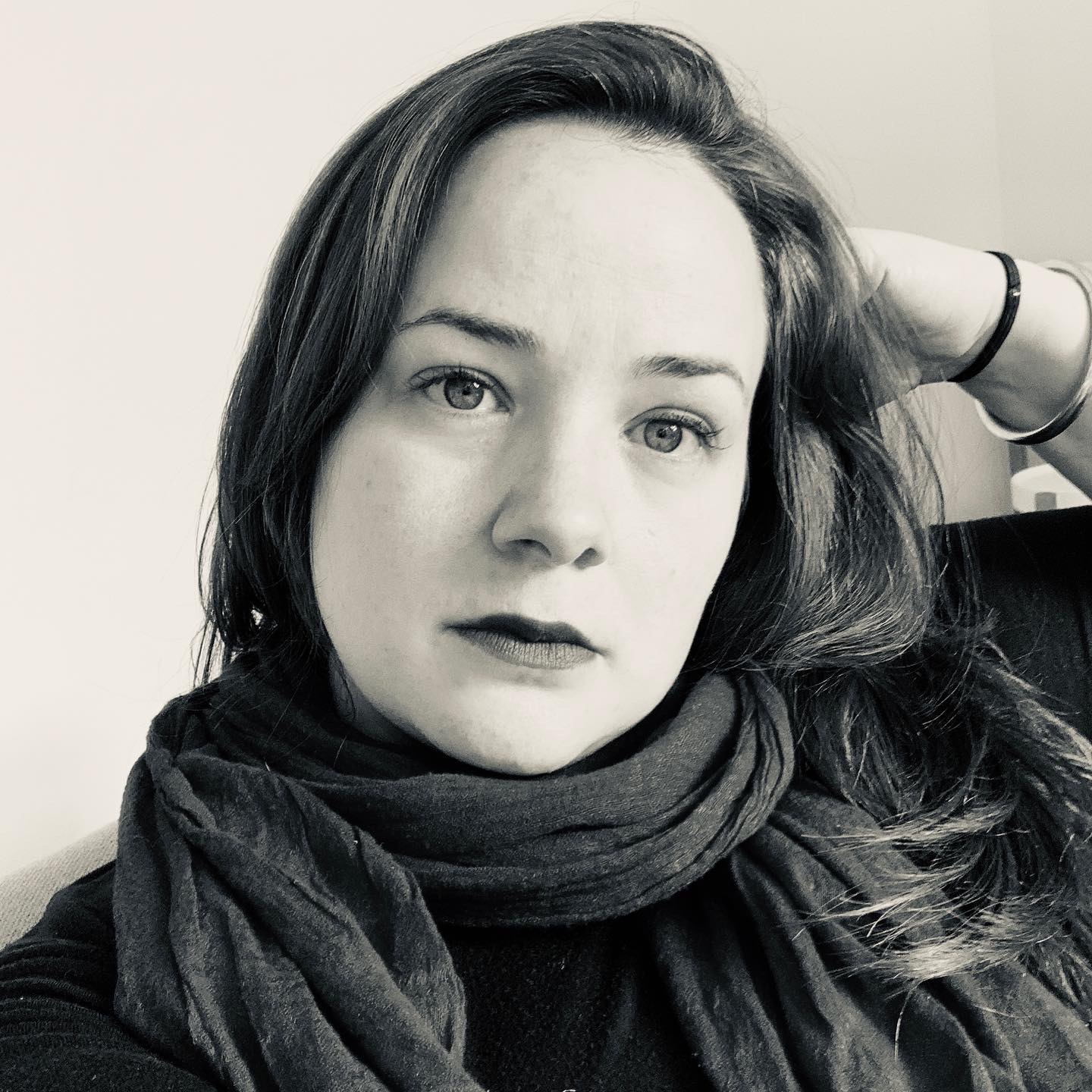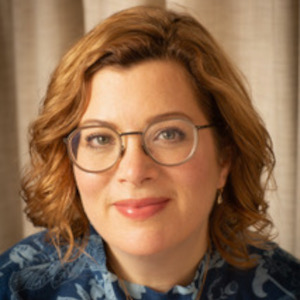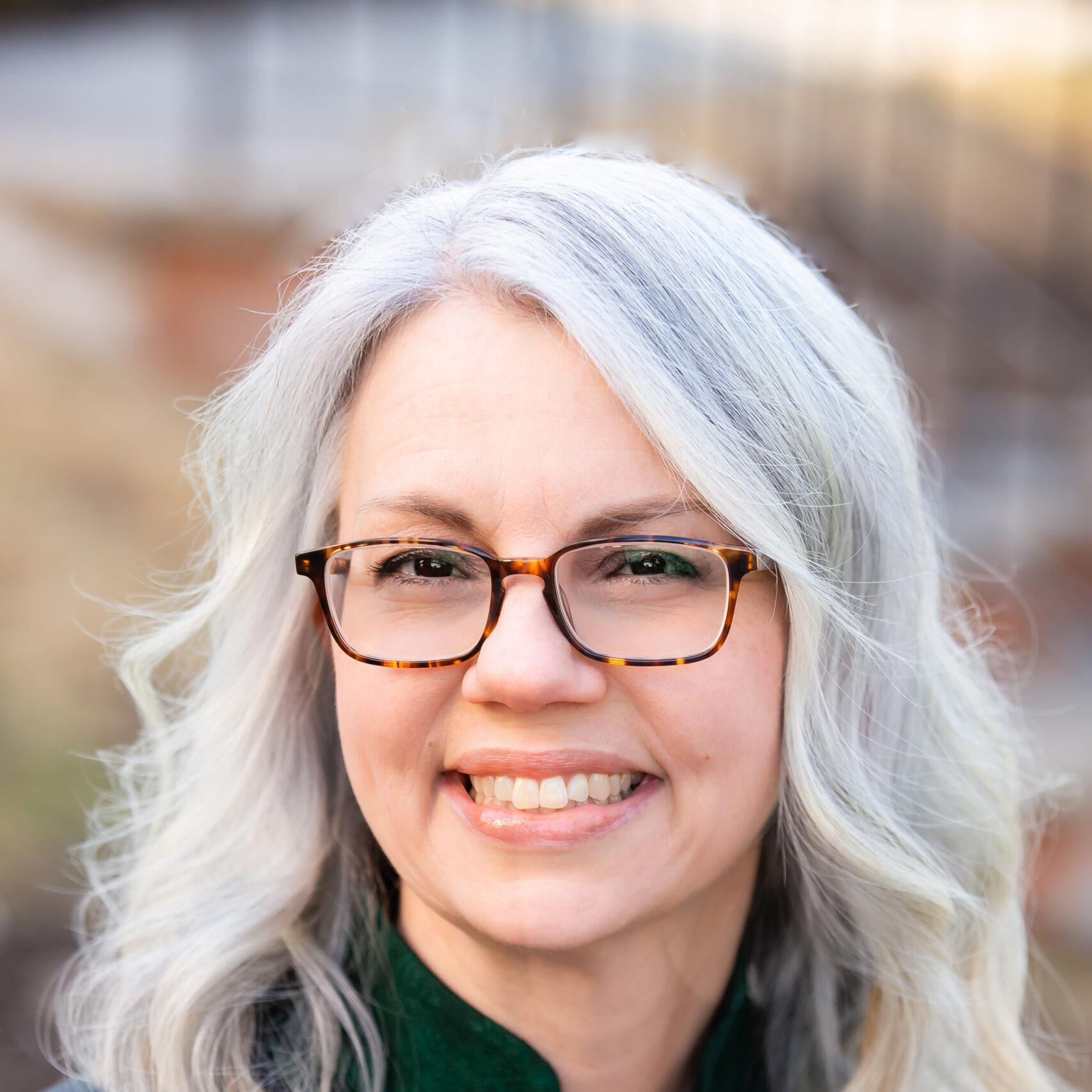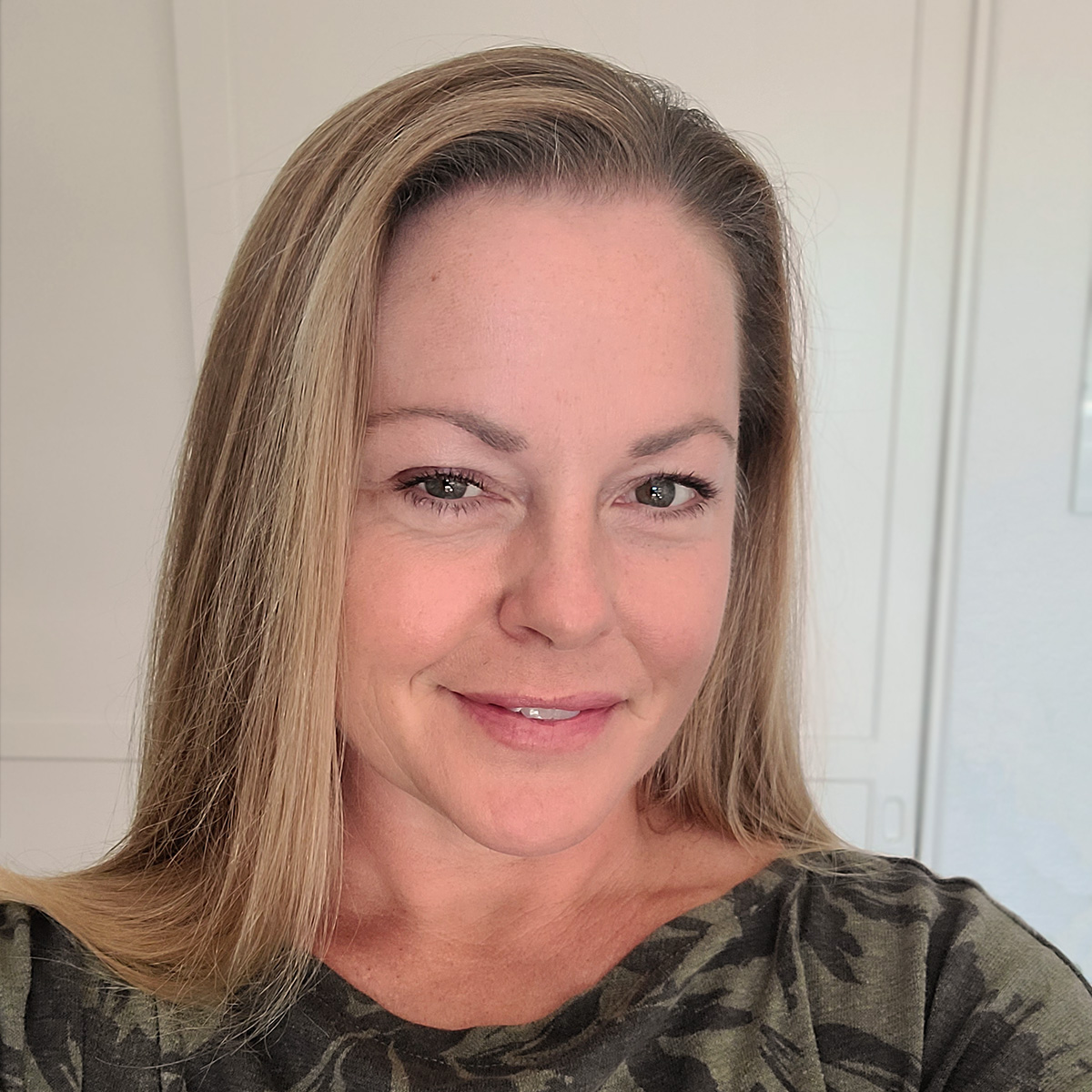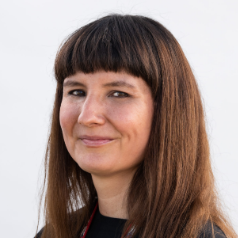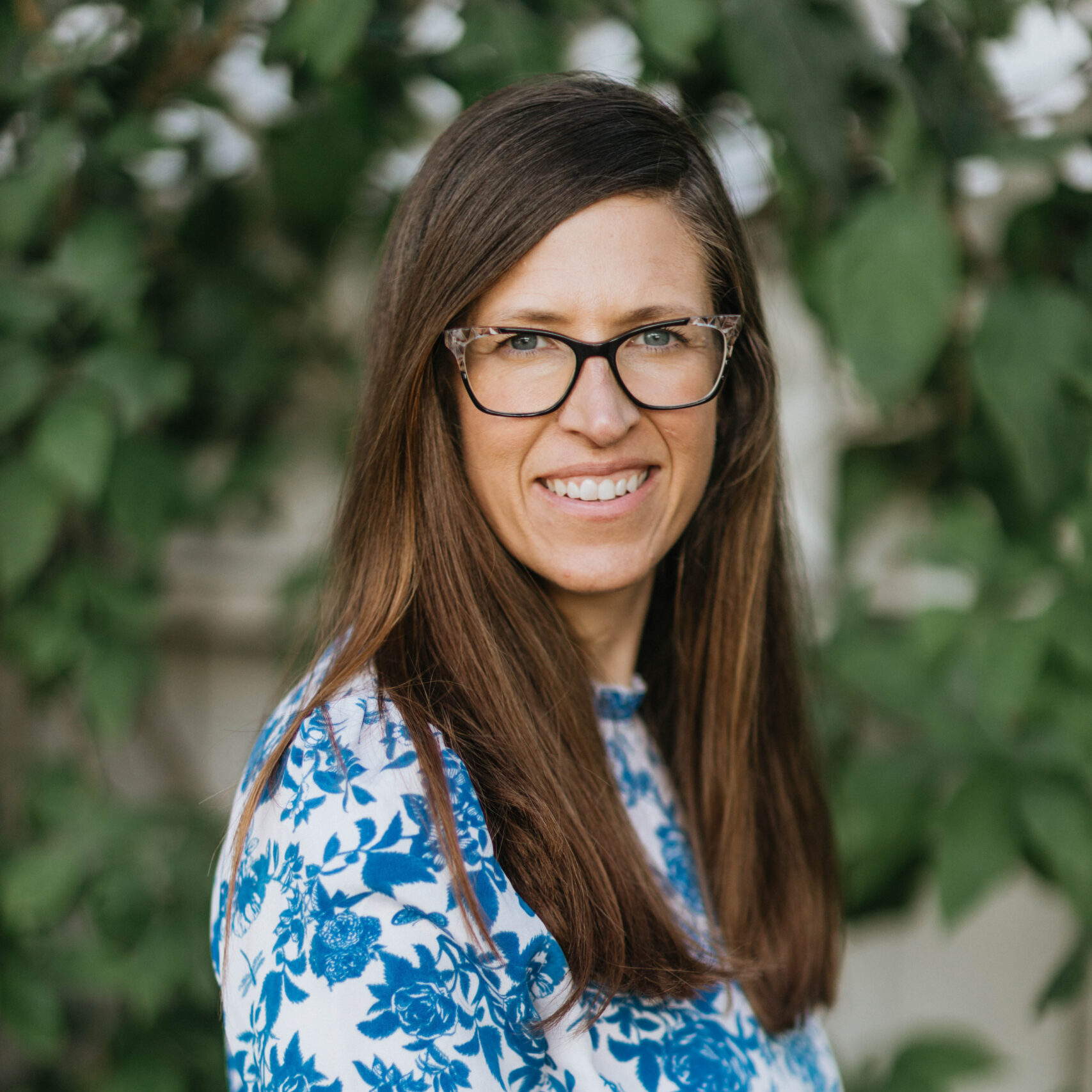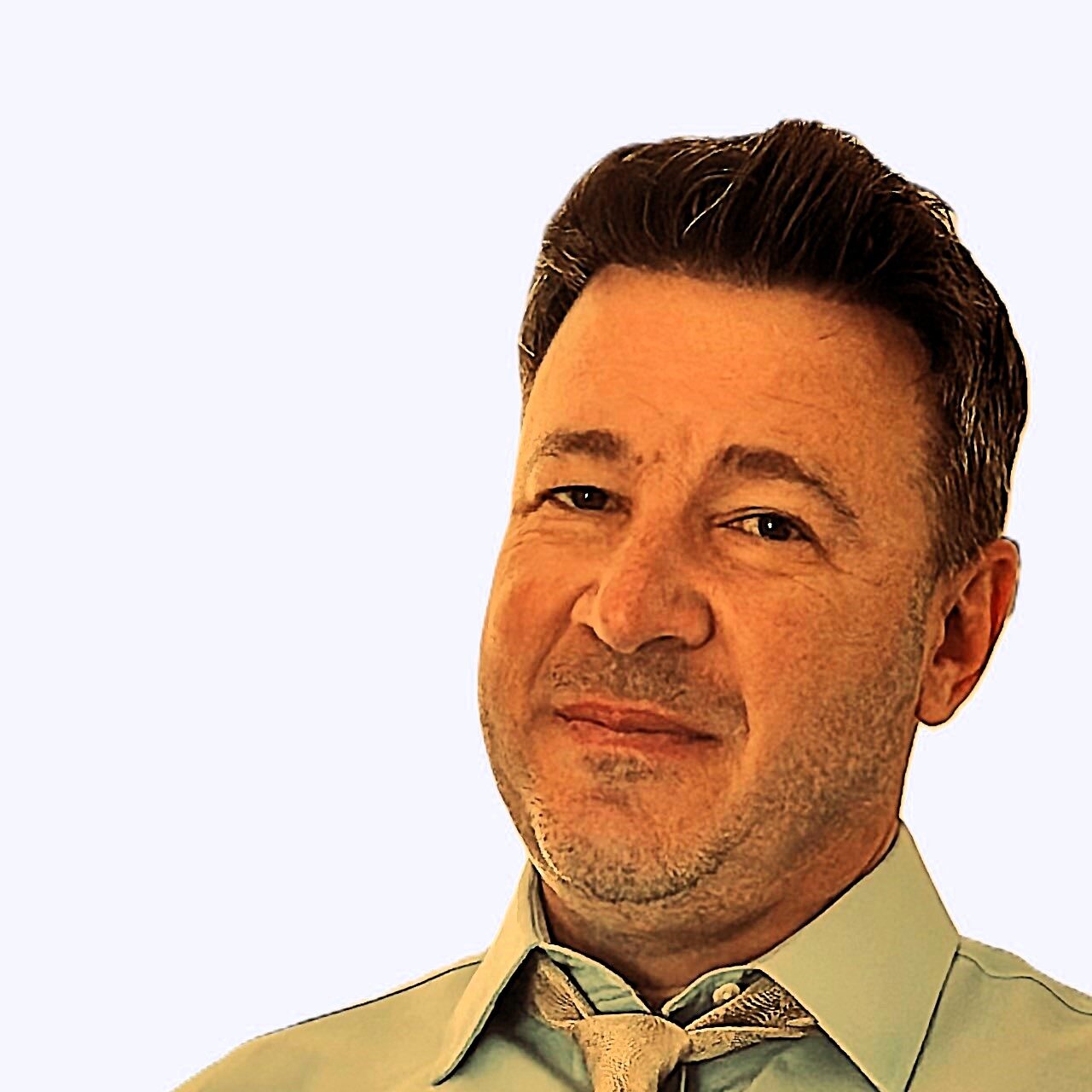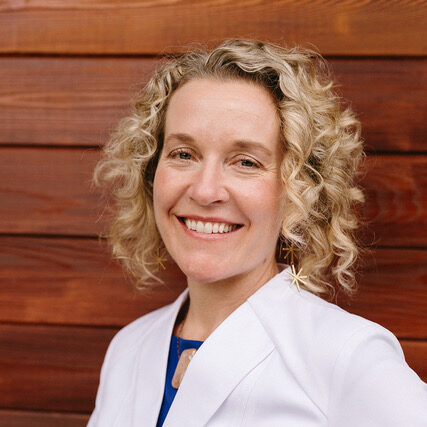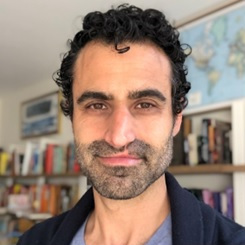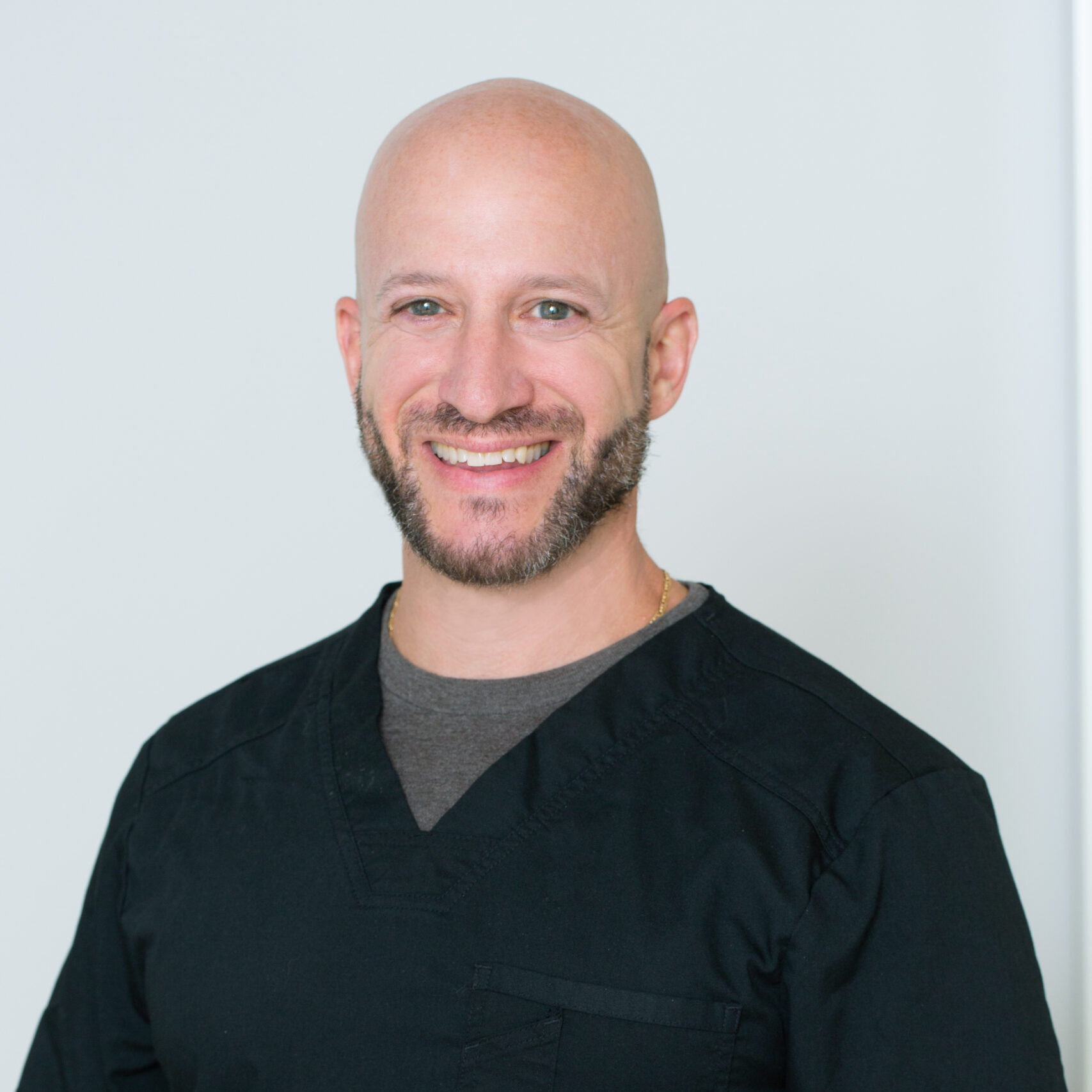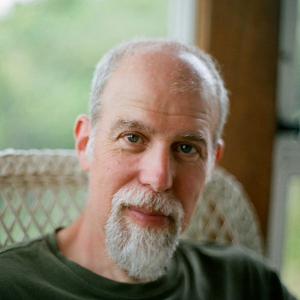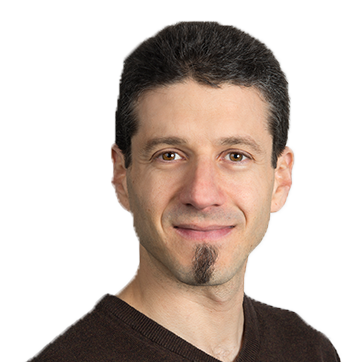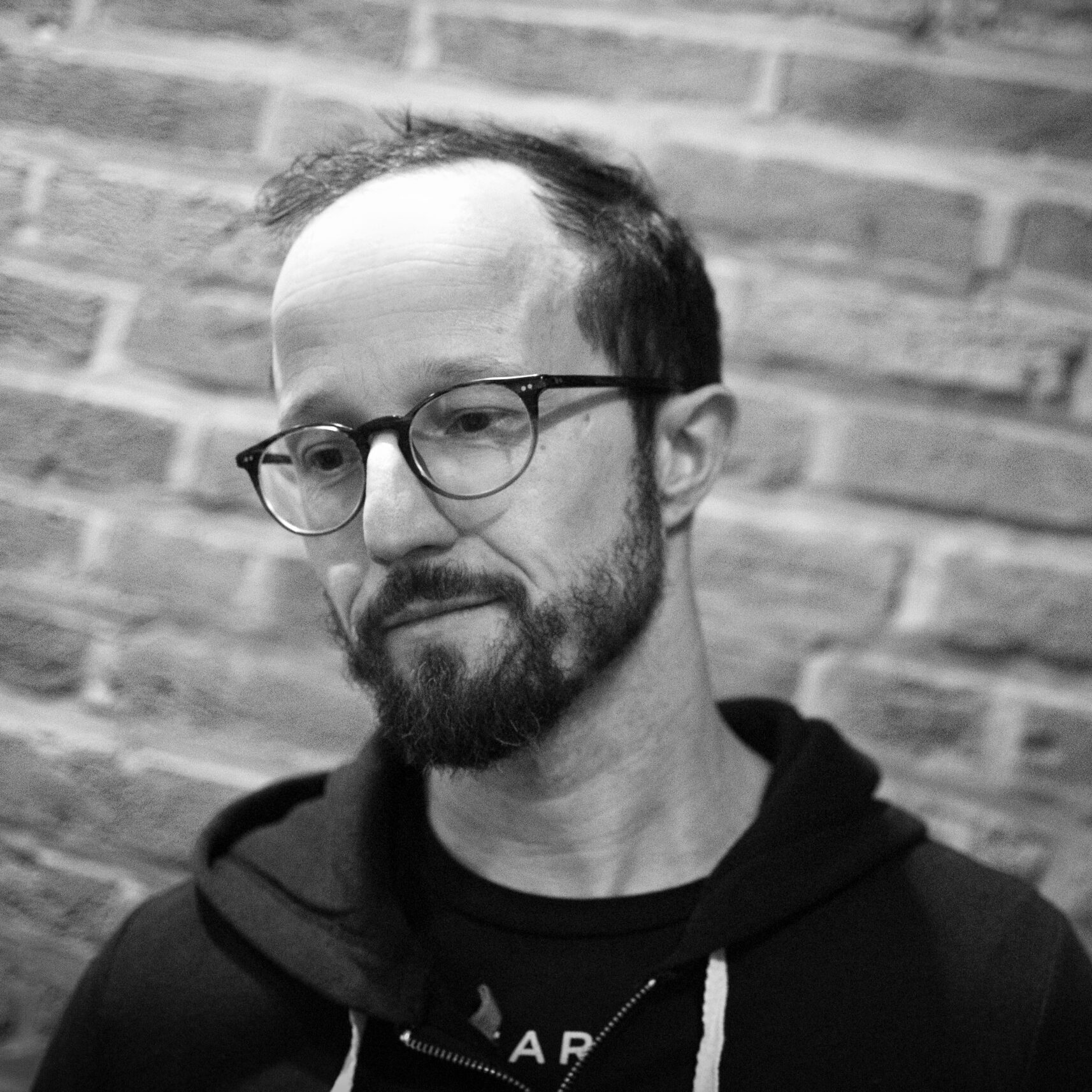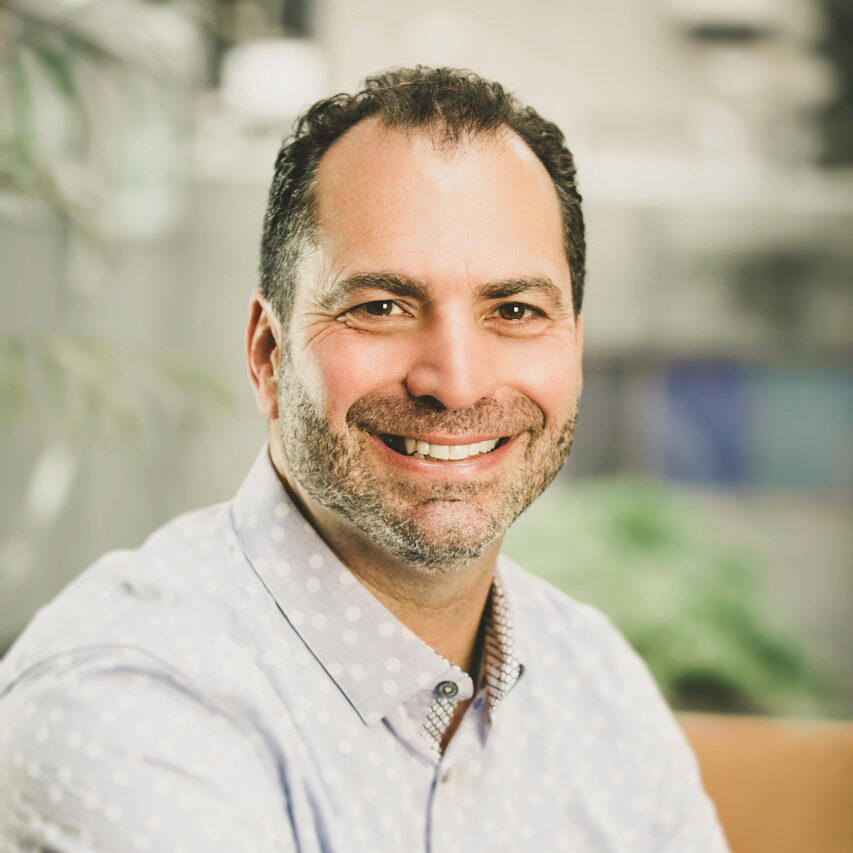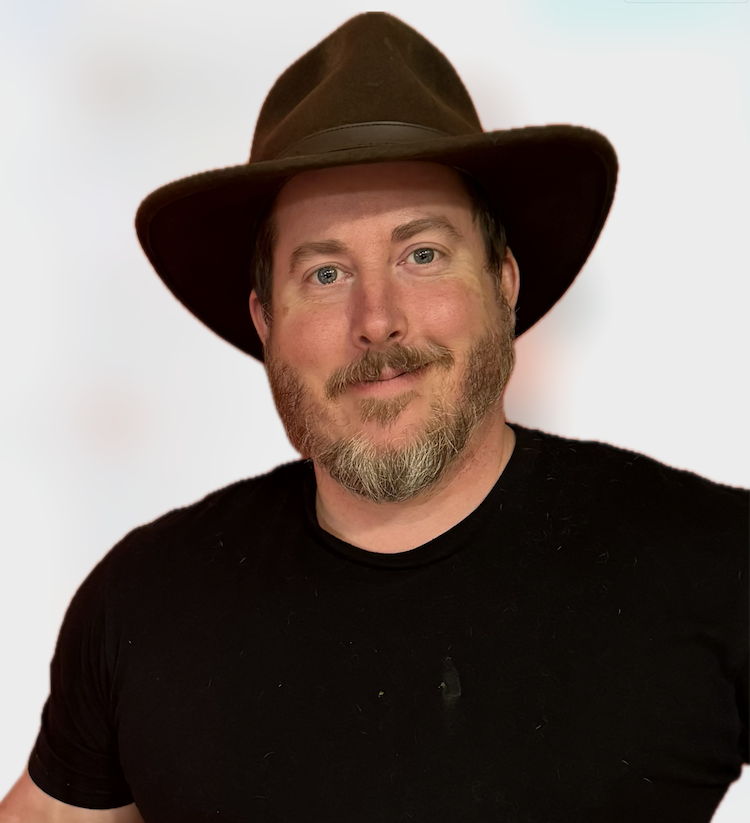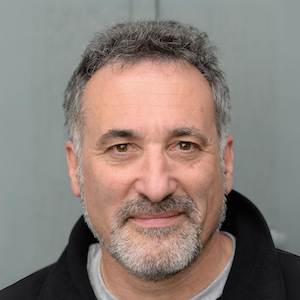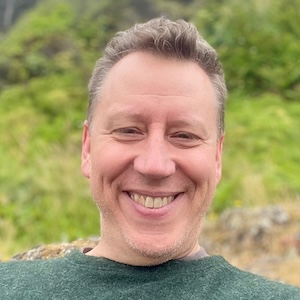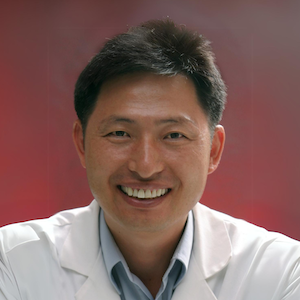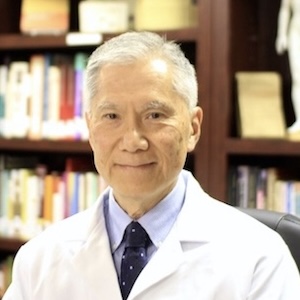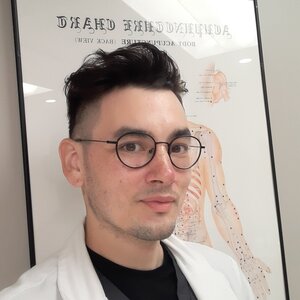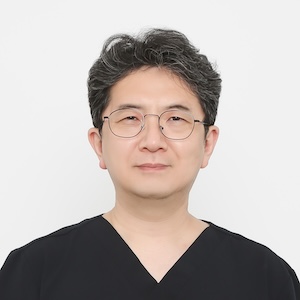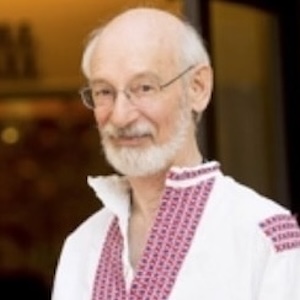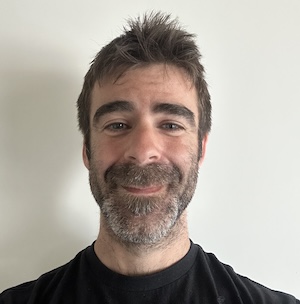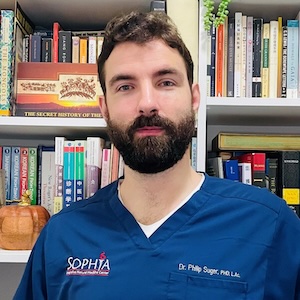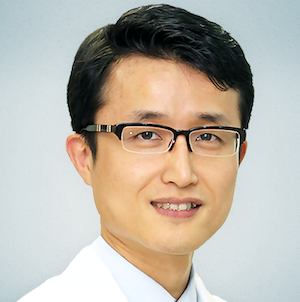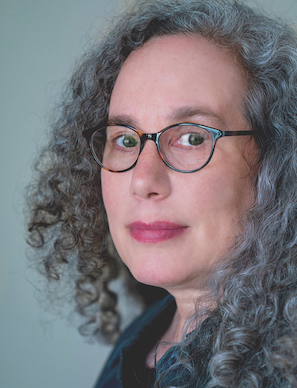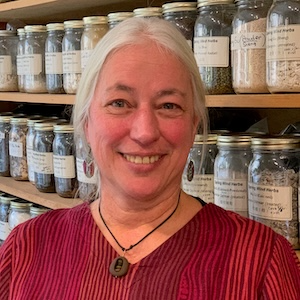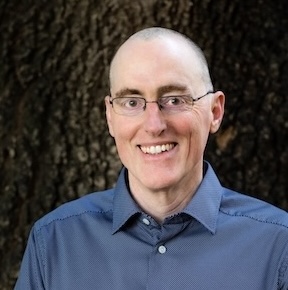And yet if we are going to practice this medicine with deep roots into a long gone time and culture, we need access to the stepping stones that have been handed down to us over centuries through books and writing.
Translating language is one thing. But translating culture, bringing something of the mind and perception from another time, that is a whole other task.
It helps if you can understand the poetry, the stories, the world view and beliefs of the time. And it helps if you can track the changes in the meaning of words and ideas across the centuries of commentary.
In this episode we are sitting down for tea with a self described “lover of dead languages,” for a discussion of Resonance from chapter five of the Simple Questions.
- Sabine loves dead languages
- Medicine is a powerful way into culture
- Farming is about fertility
- Why Su Wen Chapter?
- The importance of commentary on ancient texts like the Nei Jing
- Thinking of the Five Elements as Dynamic Agents
- Connecting macro and microcosm
- The paradox of how not-knowing helps us to understand
- Types of change
- Understanding change is the key to being a doctor, a sage, a farmer or a ruler
- Some clinical examples of Bian and Hua type changes
- Treatment as interference
- When you think of the element “earth,” think “soil”
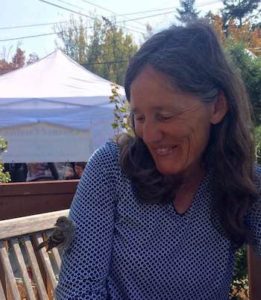 Sabine Wilms
Sabine Wilms
Even though I don't have a license to practice medicine and don't stick needles into people, I consider myself a practitioner of Chinese medicine in the true and grand sense of “medicine” as expressed in the Chinese classical literature: the harmonizing of Heaven and Earth in our pivotal role as humans. While I do have a serious academic background, with a PhD in East Asian Studies and Medical Anthropology, I have always been more interested in exploring the practical applications of what I read, study, and translate, both for myself and for clinicians. As a biodynamic goat farmer in the mountains of northern New Mexico, I learned many valuable lessons on agriculture in my younger years that I find eminently relevant to my ability to comprehend the classical medical texts. Managing waterways, ruling a country, freeing blocked flow, distributing moisture and nutrition, fending off external invasion, restoring fertility, or simply “nurturing life” (yangsheng)… all of these are reflections of the sage’s ability to attune yin and yang and to align her- or himself with the ever-changing transformations of qi that occur in the various microcosms in resonance with the macrocosm.
I do love to teach and to share my understanding of Chinese medicine, and of classical Chinese culture, philosophy, literature, and religion, with modern Western clinical practitioners and students. So until last year, I was teaching full-time in the doctoral program at the College of Classical Chinese Medicine at the National University of Natural Medicine in Portland, Oregon. These days, though, I prefer a much quieter simpler life and am happy as a clam in my new home on magical Whidbey Island north of Seattle where I write, translate, and publish (as Happy Goat Productions), and go for a blissful swim in the sea when my brain needs a break. In addition, I do some traveling for lectures and retreats and am in the process of building a mentoring program (ImperialTutor.com) for the more personalized instruction style that I love best, to teach Western practitioners of Chinese medicine how to read the classics.
What foods treat that condition?
The answer is in here
Links and Resources
Visit Sabine's website for her books, blog and speaking schedule.
Looking for some mentoring? The Imperial Tutor is at your service.
Did I mention in the podcast conversation that Humming With Elephants is a delicious read?
Join the discussion!
Leave a comment on Qiological's Facebook page.

